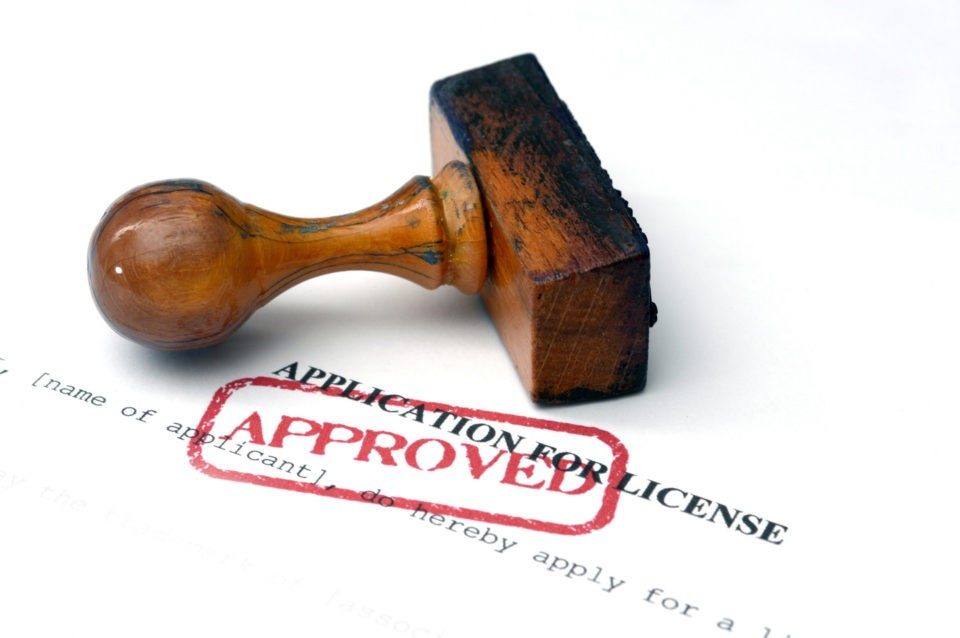What Are the Requirements to Be a Mortgage Broker?

Photo by Mediamodifier @ unsplash
Disclaimer: The views expressed in this article belong to an independent guest author and not Leaderonomics, its directors, affiliates, or employees.
Disclaimer: The views expressed in this article belong to an independent guest author and not Leaderonomics, its directors, affiliates, or employees. This is not financial or investment advice. Please do your own research and evaluate your risk appetite before investing.
If you are interested in working within the mortgage industry, becoming a mortgage broker might be appealing to you. Mortgage brokers command good salaries and are generally not required to have college degrees. According to Indeed.com, the average salary of a mortgage broker in the U.S. is $80,437. Mortgage brokers' jobs are commissioned-based, and they typically earn between 1% and 2% of the loans they close. Here are some requirements you should know if you want to become a mortgage broker.

1. High School Diploma or GED
Becoming a mortgage broker does not require you to have a college degree. However, you must have a high school diploma or GED in all 50 states before you can get your license. If you didn't graduate from high school, you should get your GED so that you will qualify to pursue your mortgage broker license. While you are not required to do so, completing some college courses in finance might also be helpful.
2. Pre-Licensing Training Class
In 2008, the Secure and Fair Enforcement for Mortgage Licensing Act (SAFE) was passed by Congress. This law created the Nationwide Multi-State Licensing System and Registry (NMLS) and mandates that every state has a system for licensing mortgage brokers. Under the SAFE Act, you must complete a 20-hour pre-licensing course before you can apply to get a mortgage broker's license. You must take this class from an NMLS-approved provider and pay the course fee. Once you complete the class, you can use practice tests to prepare for the licensing exam.
3. SAFE or NMLS Exam
Once you have completed the required pre-licensing class and feel ready, the next requirement is to take and pass the SAFE or NMLS exam. You must create an account on NMLS. Once you do, you will have to take the exam within 180 days. The following topics are covered on this test:
- Ethics
- Federal regulations and laws that apply to the mortgage industry
- Knowledge of the process of originating mortgages
- Activities involved in originating loans
- Your state's content
The uniform state content has been adopted by most states and includes 25 state-specific questions on the national exam. The allotted time for the test is 225 minutes. If you fail the exam, you have to wait for 30 days before you attempt it again. If you fail it a second time, you will have to wait another 30 days. However, if you fail the exam for a third time, you will have to wait another 180 days before you can retake it. A passing grade on the exam is 75% for both the state and national portions.
4. Register Your Business With Your State
Once you pass your exam, you will then need to determine the legal entity structure under which your business will operate and register it with the Secretary of State's office in your state. While you can register your business as a sole proprietorship, it is a better idea to choose a structure that will provide you with some personal liability protection. A popular type of legal entity structure for mortgage brokerages is a limited liability company (LLC). This structure is fairly simple to form, and it provides you with personal liability protection if your business is sued or is forced to file for bankruptcy.
5. Obtain Your Federal and State Tax Identification Numbers
Once you have registered your business with your state, you will need to apply for a Federal Employer Identification Number (FEIN) from the Internal Revenue Service (IRS) and a state tax identification number from your state. Your FEIN is used to open your business bank account and allows the government to track and make sure you file and pay your business's taxes on time.
6. Get Your Surety Bond
Before you can get a mortgage broker license, you will need to get a mortgage broker bond as a condition of obtaining your license. The mortgage broker bond is a type of surety bond that is a legal agreement between the following parties:
- Principal - Mortgage broker who must purchase a surety bond
- Obligee - State licensing authority that requires the bond
- Surety - Bond company that approves the bond and guarantees the broker will follow the law
A mortgage broker bond is not insurance since it will not protect you from liability. Instead, the surety bond protects the licensing authority and your customers against legal violations or misconduct. If you break the law or engage in fraud that harms your customers, they can file claims against your bond. The surety will pay valid claims, but you will be legally obligated to repay your surety in full. If you don't, the surety company can pursue a legal case against you to recover what it is owed.
The amount of the required mortgage broker bond will depend on your state. However, you will not have to pay the total bond amount in full. Instead, you will pay a percentage of the bond's maximum amount based on the bond company's evaluation of multiple factors during the underwriting process. If you have excellent credit, you can anticipate receiving a bond quote for the lowest rates.
7. Apply for a Mortgage Broker License
Once you have met all of the above-listed requirements and have secured your mortgage broker bond, you can apply for a mortgage broker license with your state's licensing body through the NMLS platform. Make sure to read the application carefully and submit all documents that must accompany it. Some of the documents you will likely be required to submit include the following:
- NMLS exam results
- Certificate of completion of your pre-licensing class
- Financial statements
- Fingerprints for a criminal background check
- Signed authorisation for a credit report
- Proof of your surety bond
The application fee varies based on your state, but you might expect to pay around $1,000.

Becoming a mortgage broker takes some time and effort. However, becoming a licensed and bonded mortgage broker can open new opportunities for you. Once you have received your mortgage broker license and bond, make sure to follow the law and maintain them so that you can continue operating and building your business.
Leaderonomics.com is an advertisement free website. Your continuous support and trust in us allow us to curate, deliver and upkeep the maintenance of our website. When you support us, you allow millions to continue reading for free on our website. Will you give it today? Click here to support us.
Functional
Tags: Hard Talk, Consultant Corner
This article is published by the editors of Leaderonomics.com with the consent of the guest author.







